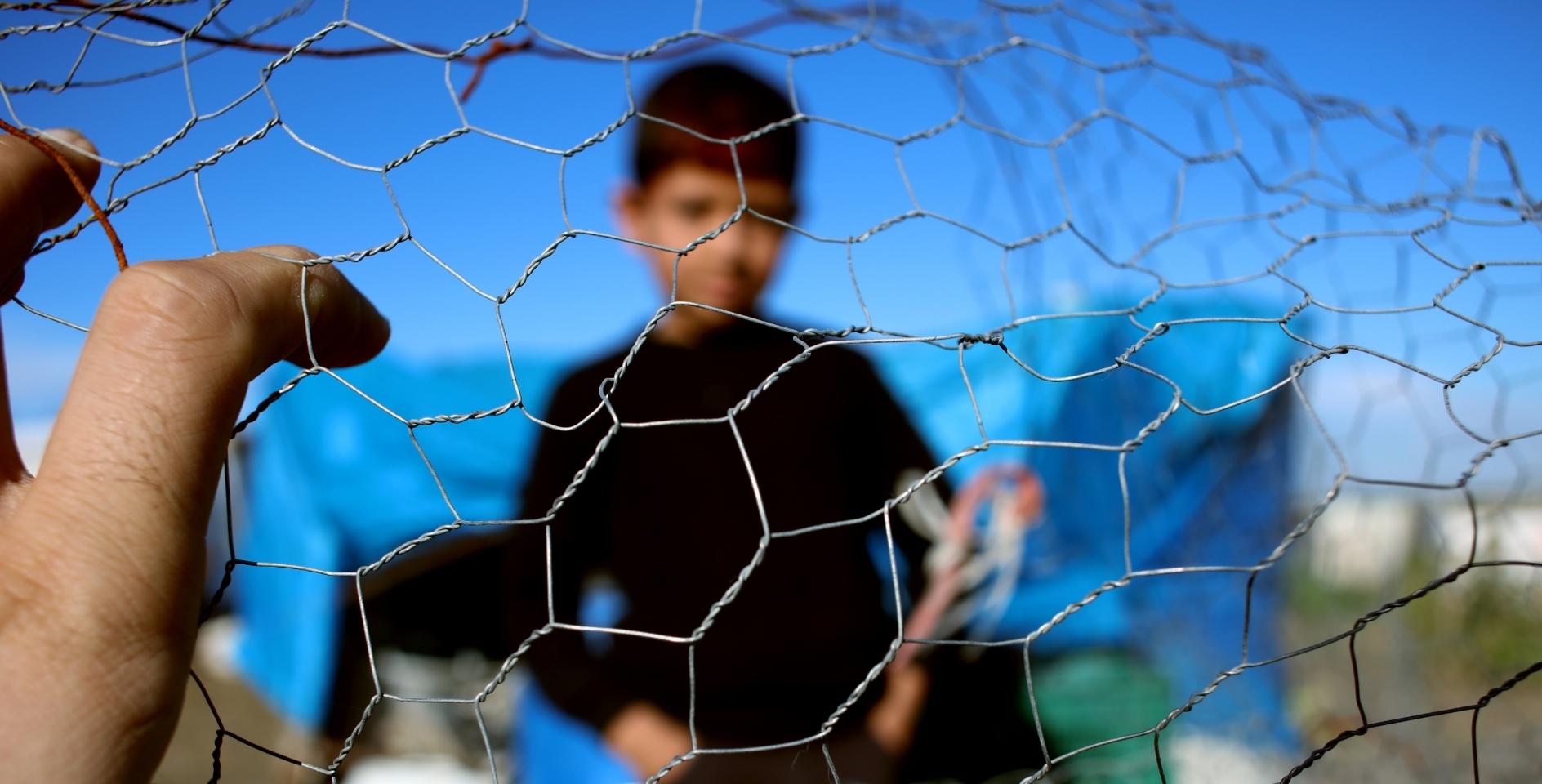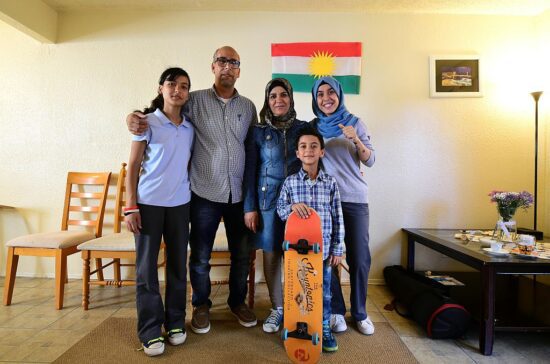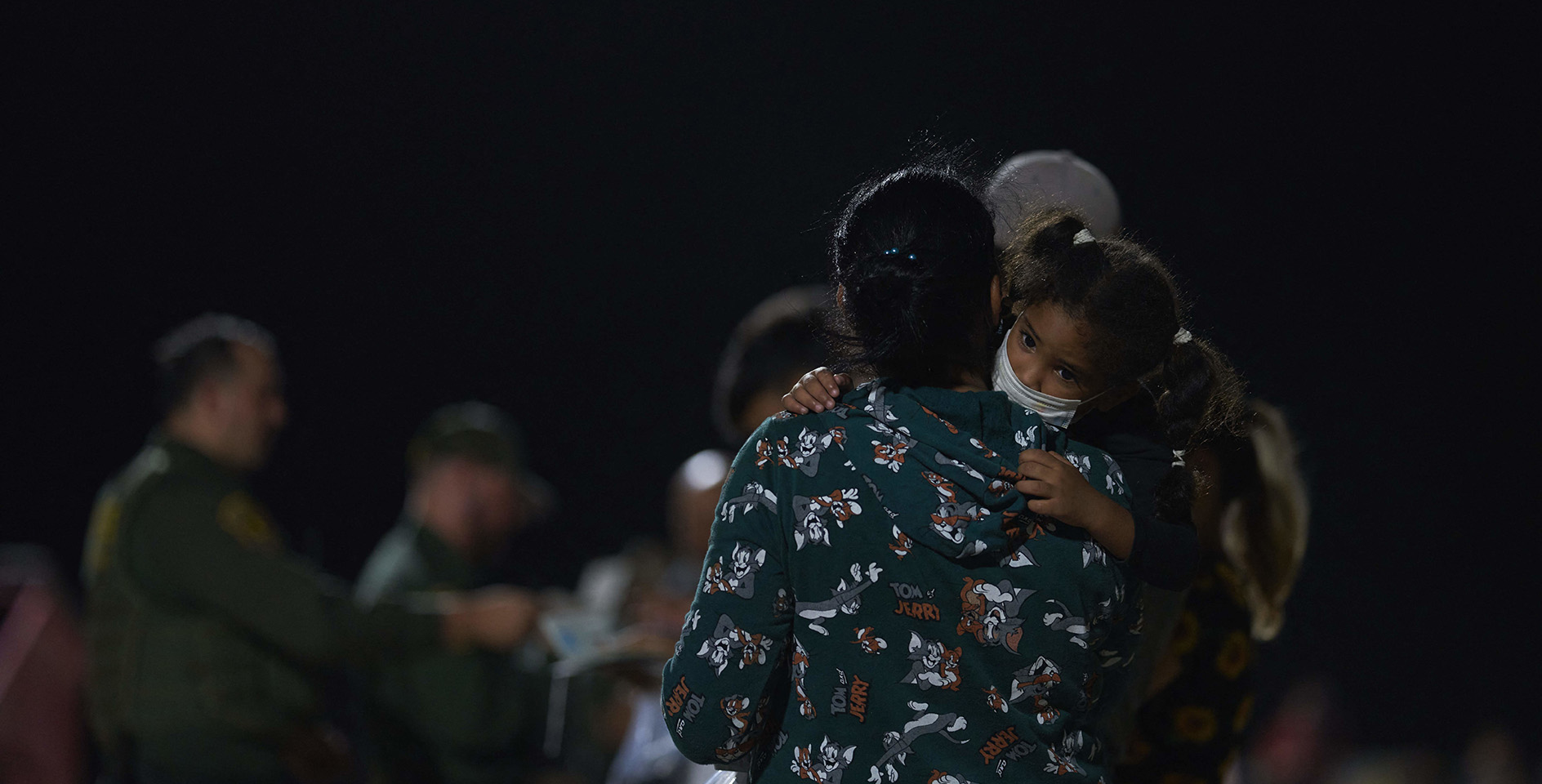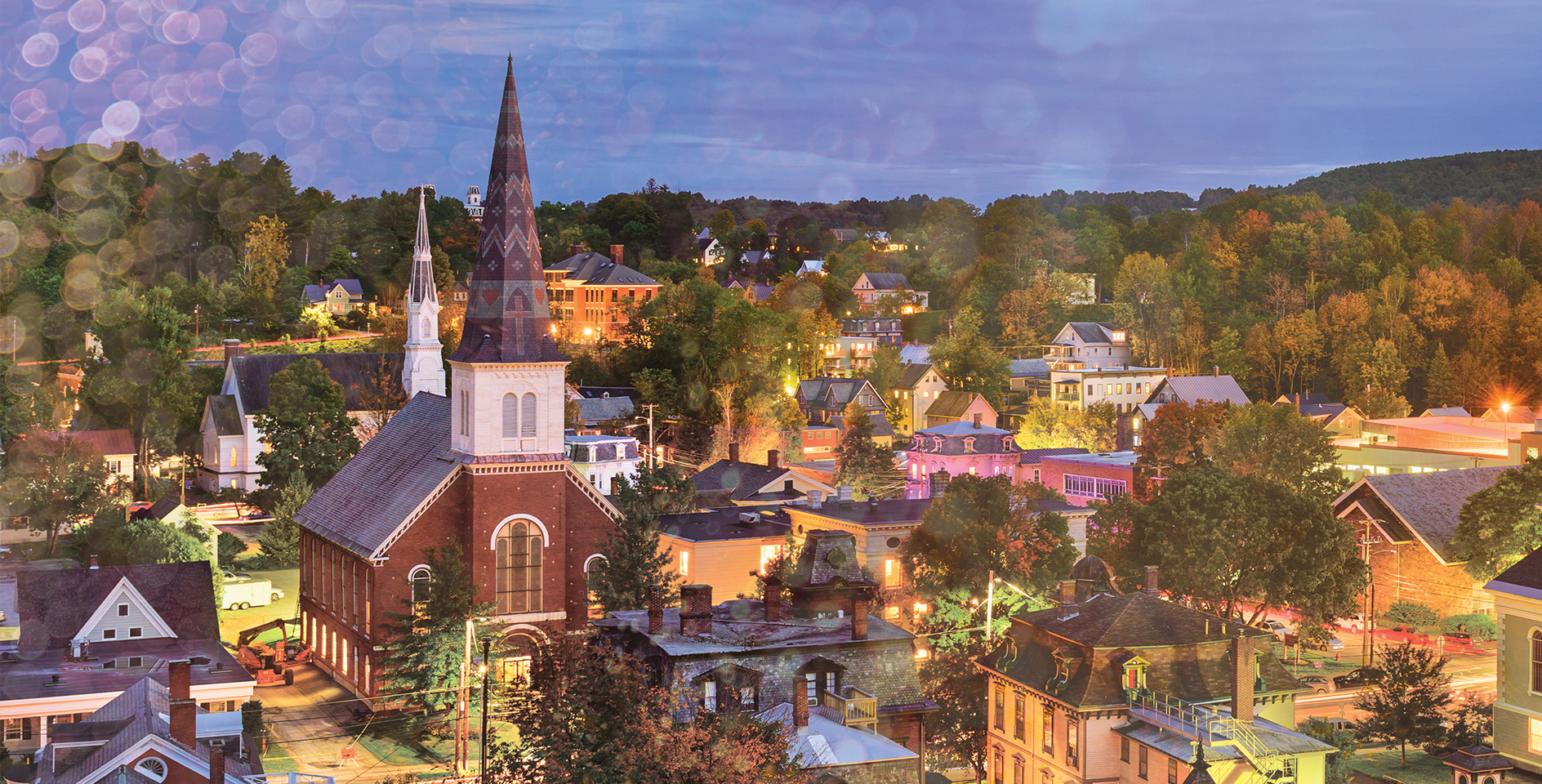The theme of care for immigrants and sojourners is one of Scripture’s repeated commands for the people of God. From God’s reminder to the people of Israel to care for the sojourner for they were once sojourners in Egypt, to the story of Jesus fleeing to Egypt to escape the murderous intentions of King Herod in the gospels, the command ot care for those who are without a home is repeated and affirmed. For Christians in the West, immigration has sometimes been a topic which has evoked thoughts more along political lines than those of faith. That is why Joshua Sherif’s recent book, The Stranger at Our Shore: How Immigrants and Refugees Strengthen the Church (Moody, 2022), is such a helpful addition to the conversation of immigrants, refugees, and the call of Christians to care for them. An immigrant himself as a child, Sherif’s story and pastoral wisdom is a guide for Christians seeking to share the love of Christ with those coming to the shores of the United States and through the doors of our churches. He recently joined us to answer a few questions about his life story and book.
1. A lot of this book is about your personal testimony and life story. Can you just briefly share about your life and how it relates to this topic of immigration?
I am an immigrant from Egypt. I came as a boy with my Mother and sister. Together we walked through the hardships and joys of life in a new country. From legal issues to cultural issues we faced what many immigrants and refugees see every day as they build their new life in a new land.
2. What are some of the challenges/opportunities that you see for the church regarding
immigration and refugees?
This issue is at our doorstep. In our global world, this topic is more relevant now than ever before. Church leaders don’t need a book that shames them, but rather equips, emboldens, and encourages them. The book tackles this topic in a sensitive but engaging way that helps individuals and churches to take practical next steps. The mix of compelling storytelling and empowering biblical teaching is set up for both individual reading and small group engagement, with reflection questions included at the end of each chapter.
The church is already equipped in many ways—and my personal story is a testimony that the Church has done things well! What made the difference to me is that the church became a family to us and welcomed us into relationship with Christ—and I’m hoping to call people to that same biblical mandate and repeat the process. This is not an issue for the “experts,” theologians, missionaries, or the politicians to deal with—this is an issue for every single person in the church. If average Christian people can be equipped to reach out to immigrants and refugees, people groups who are so different from them, then who can’t they reach for Christ?
3. Through a classmate who is married to someone navigating the immigration system, I’ve gotten a picture into the challenges of what that looks like, from the paperwork and bureaucracy to even just the long time it can take, all of which I had no idea about. So, can you share some of those pieces that might not be front of mind.
Every sojourner’s story is unique, and their needs and challenges are different. However, we all face one system and a painstaking legal process in this country. One of the challenges that people don’t often think of is corruption even in our own system that takes advantage of the powerless. I remember our family saved $1,000 to pay a lawyer to sort paperwork for us. That lawyer ended up stealing our money and doing nothing. It left us feeling powerless, scared, and discouraged. This is just one example among many. Though the legal system is necessary for protection, immigrants and refugees deal with so many organizations and cold, bureaucratic processes—the church can be different by being a real family, a humanizing force in a very dehumanizing world.
4. For churches and individuals, what places in Scripture would you point us to for how to think about the topic of immigration and refugees? Are there ways that you see the theme of refugees and serving the vulnerable in the storyline of Scripture?
Scripture drives the theme home from the Old Testament to the New that we are a sojourning people. The people of God lived in temporary places, and God took them on a long journey home so that they would eventually know where their home is—only in God and with God.
David says in 1 Chronicles 29:15-16: “We are foreigners and strangers in your sight, as were all our ancestors. Our days on earth are like a shadow, without hope. Lord our God, all this abundance that we have provided for building you a temple for your Holy Name comes from your hand, and all of it belongs to you.”
The author of Hebrews reminds us in Hebrews 11:13-16 in regards to the heroes of the faith:
“All these people were still living by faith when they died. They did not receive the things promised; they only saw them and welcomed them from a distance, admitting that they were foreigners and strangers on earth. People who say such things show that they are looking for a country of their own. If they had been thinking of the country they had left, they would have had opportunity to return. Instead, they were longing for a better country—a heavenly one. Therefore God is not ashamed to be called their God, for he has prepared a city for them.”
When we see ourselves as foreigners and strangers too on this Earth it becomes easier to have compassion on immigrants and refugees and come together to collectively long for the great City ahead of us and celebrate first and foremost our citizenship in heaven.
5. The book gives three obstacles that the church must overcome in order to be effective missionaries. What are those three, and why are they particularly important for addressing?
Inadequacy, ignorance, and indignation are the three obstacles of our own hearts that need to be addressed first. Fear is a major theme in the book and the primary thing we must discard/change in the Western church. A large part of the book deals with fear—not just fear of “the stranger” but our own feelings of inadequacy or ignorance when it comes to reaching out to anyone different from us. The book provides several practical pathways out of fear in order to help the church feel empowered to engage the immigrants, refugees, and other strangers in their communities.
6. What does it mean to serve refugees, and practically what could churches start to do that they may not be thinking about right now?
Every single day, by God’s miraculous rescue, people land on our shores hoping to build a life and a new family. The church in the West has a choice to embrace these brothers and sisters as our own, to ignore them, or worse. The theme of the table and family are key as we serve those God has brought to our shores. The table is a great equalizer, a common interest we have as all human beings to gather around food. We need a shift in understanding—we were all strangers and aliens and enemies of God—and yet, Jesus invited us all to the table. It becomes easier to bridge the gap when we see ourselves in the same story, in the same place. We are not wealthy people providing charity. We were welcomed into the family of God. Who are we to NOT welcome others into the family? When we move from charity to the greater vision of family, we see that in the end the church has just as much to receive as it does to give from our future family in Christ.










